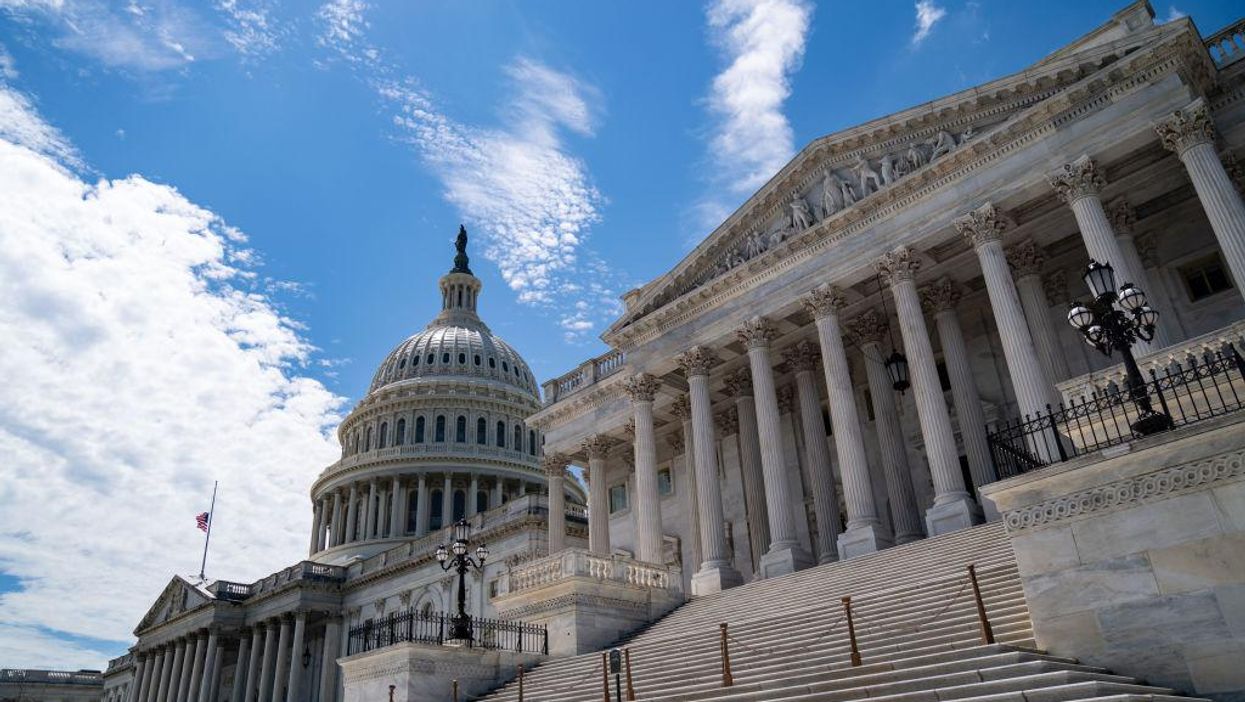
Kent Nishimura / Los Angeles Times via Getty Images

As Senate Democrats seek to pass the Inflation Reduction Act — the major spending bill that includes much of the Biden administration’s tax, climate, and health agenda — leaders have chosen to drop a significant provision of the act.
In what many see as a major win for private equity lobbyists, Senate Majority Leader Chuck Schumer announced that the bill would no longer attempt to narrow the “carried interest loophole,” an aspect of the tax code that both Democrats and Republicans — including former President Donald Trump — have spoken out against.
According to CNBC, carried interest refers to “compensation that hedge fund managers and private equity executives receive from their firms’ investment gains. After three years, that money is taxed at a long-term capital gains rate of 20%, instead of a short-term capital gains rate, which tops out at 37%.”
In its original version, the Inflation Reduction Act sought to narrow that loophole by extending the short-term tax rate to five years.
Private-equity advocates claim that because fund managers are such a vital foundation of the economy, they deserve lower tax rates. “When an industry is not well-understood or beloved, you have to tell the story that your value proposition is necessary for economic growth,” Ken Spain, a Republican strategist who has argued against changes to the carried-interest income tax, told the Wall Street Journal.
Sen. Kyrsten Sinema (D-Ariz.) is considered a key Democratic swing vote and fought against changing the carried interest loophole. The Wall Street Journal reports that ads urging Sinema to maintain the carried interest loophole were ubiquitous in Arizona in the past few weeks, and local business leaders tied to private equity called her office.
The private equity industry has stepped up its lobbying efforts dramatically in recent years. In 2006, private equity and other investment firms paid lobbyists $3.6 million. In 2007, that number jumped to around $20 million, according to the nonpartisan Center for Responsive Politics.
Sinema said she would work with Sen. Mark R. Warner (D-Va.) to address the issue while “protecting investments in America’s economy” and close “the most egregious loopholes that some abuse to avoid paying taxes.”